|
By Beverly Williams Want your children to enjoy “school” more? Want to bond as a family better? Want to avoid tears when your child hits a concept s/he can’t understand? Play games! I’m Beverly Williams, the Brainiac Baroness, also known as the Math Games Mom. As a homeschooling mother of four, birth to the end of high school, with two of them struggling learners, my husband and I have played a lot of games, math and otherwise, with our children. I developed the Math Games curriculum to give my extremely intuitive (read, “no logic”) daughter* success when she hit an arithmetic wall. Generally, the game would not address the wall at all, but review fundamentals or reinforce logic flow. In this way, the game made it clear to her that she was good at math and gave her brain a break, which allowed some time for her brain to develop to understand the new concept. This is to say, we often played a variety of games for several weeks before getting back to the problem concept. Did I hear a gasp? Yes, that’s correct: we would sometimes abandon a subject or two of our curriculum for weeks, sometimes months, at a time to build confidence and give time for our children’s brain to catch up. Other reasons to play games:
None of the above games have actual equations in them. I own those, too, but remember you want your children to want to play. Also, remember that laughter and fun make learning easier. Logic games, solo:
Word Games:
Make a weekly, biweekly, or monthly family games night if you don’t want to incorporate games into your school. *Said daughter now has her master’s degree and is working as a technical writer for GoDaddy in Seattle.
2 Comments
9/28/2022 09:10:30 am
What an exquisite article! Your post is beneficial right now. Thank you for sharing this informative one. If you're looking for a money-making app, download this link https://bit.ly/3MSDRA9
Reply
9/28/2022 09:11:56 am
Great article! Thank you for sharing this informative post, and looking forward to the latest one.
Reply
Leave a Reply. |
AuthorPLANT, Inc. Blog is written by local parent educators and supporters of parent led education. Archives
August 2019
Categories
All
|
PLANT, Inc. |
For teachers |
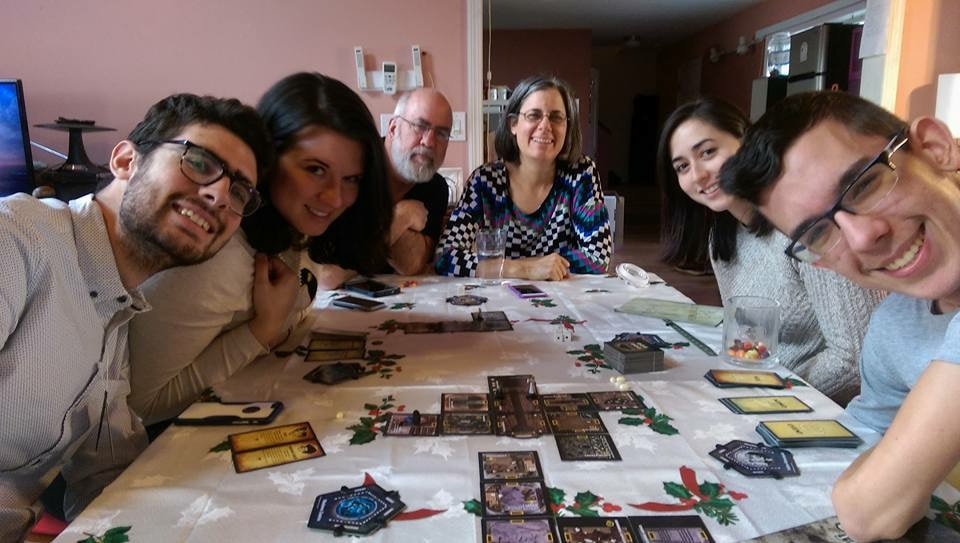
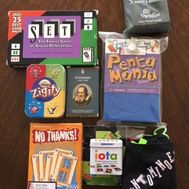
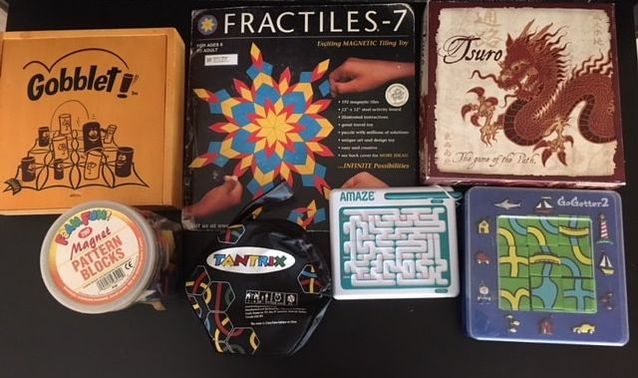
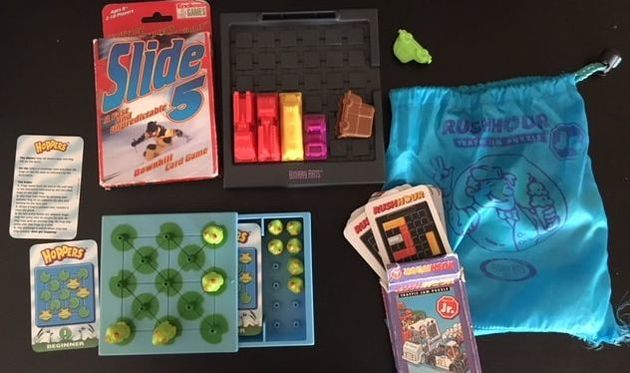
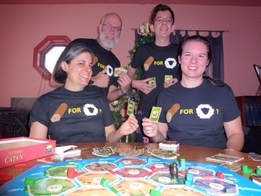
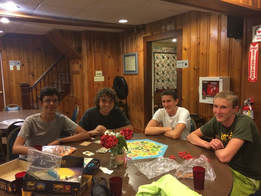
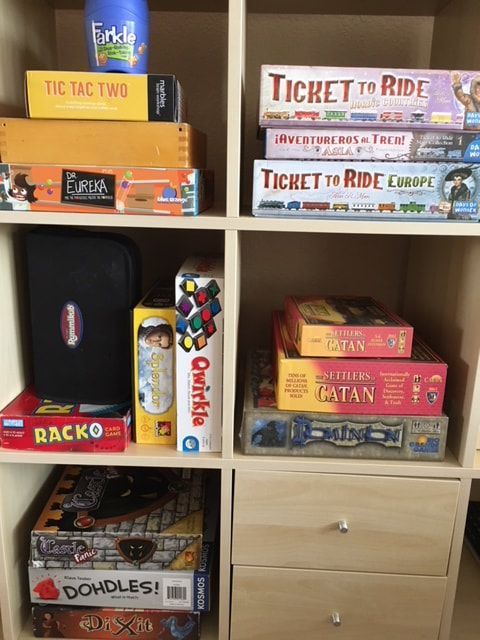

 RSS Feed
RSS Feed